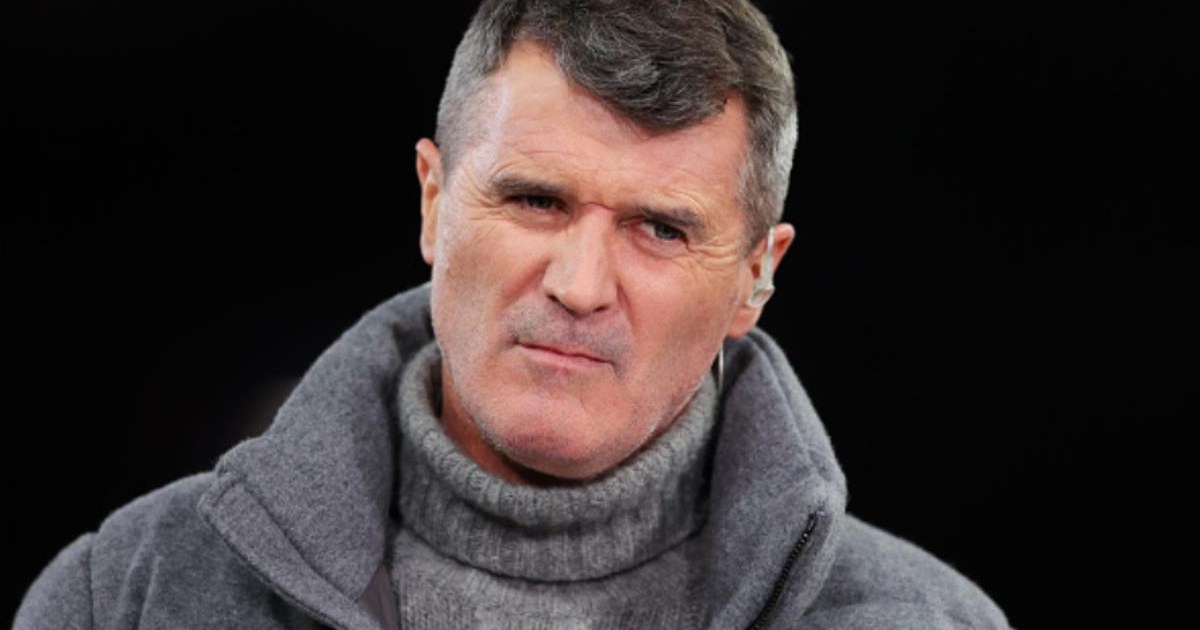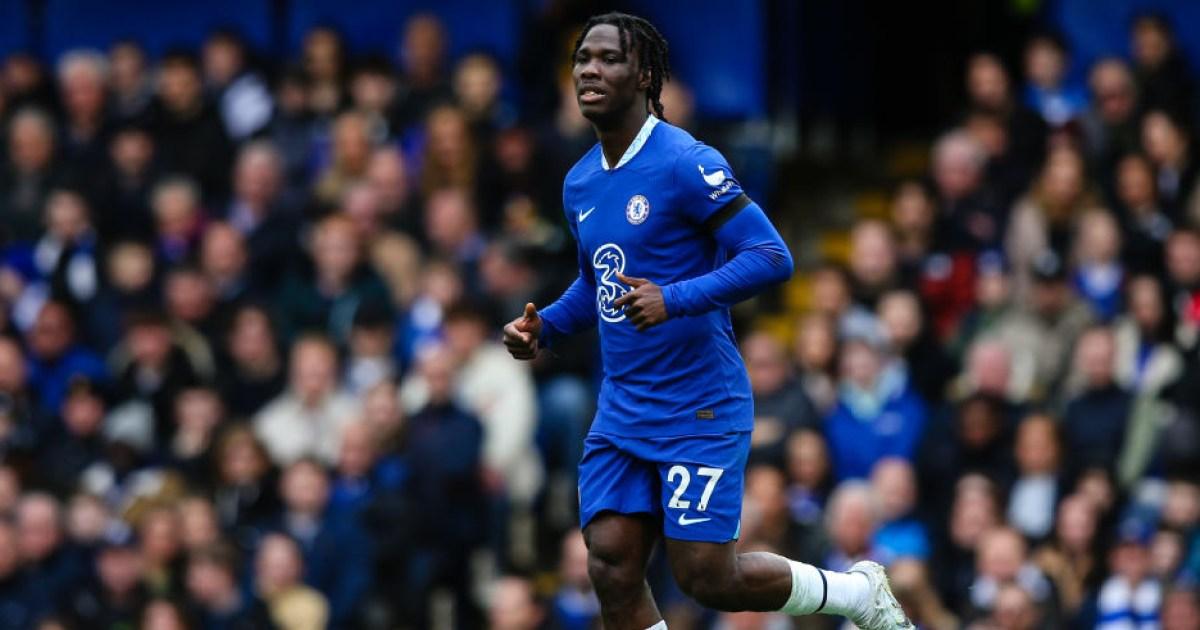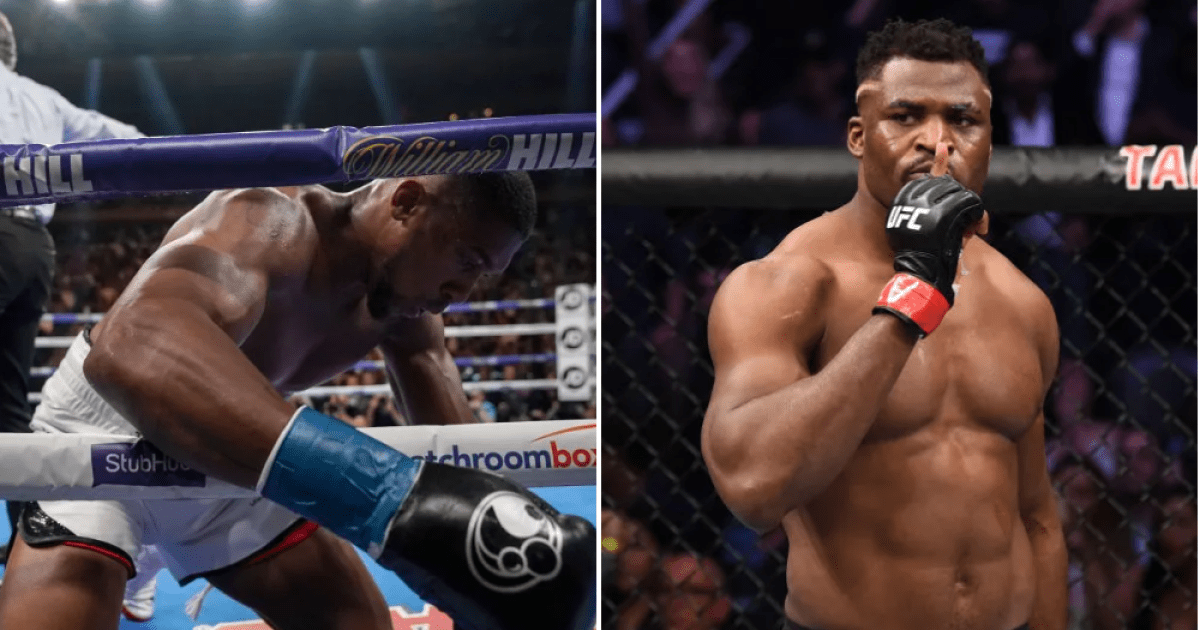The moment I accepted I was gay was the moment I also accepted that I could be killed at any moment,” says Wajeeh Lion with little hesitation. Born Abdulrahman Alkhiary, Wajeeh was granted asylum in the United States in 2018, but still lives a life of discomfort with daily death threats and a constant fear of being kidnapped by his homeland.
“I know the Saudi government want me dead,” he says. “But this is not just my story. This is the ongoing story of intolerance faced by the entire LGBTQ+ community in Saudi Arabia, where homosexuality is illegal and punishable by death penalty.”
As a 10-year-old boy Wajeeh, whose name means “honourable” or “noble” in Arabic, witnessed beheadings and tortures on the streets he walked and quickly became numb to the methods used by the Saudi government to control and silence its citizens.
After being forced by his parents to admit he was gay in 2016, Wajeeh was threatened with a return to Saudi Arabia to undertake a course of conversion therapy. He had been living in the US since 2005 while his mother and father were granted the King Abdullah Scholarship Program for higher education, and this exposure to the western world enabled him to better understand his suppressed desires.
With help from LGBTQ+ services at Kansas State University, where he was a student, Wajeeh escaped his family for a safe house and, eventually, unearthed a new community of friends.
“I was suicidal; I felt I had nowhere to turn. But the only thing that kept me alive was that if I died, I would have let the Saudi government and everyone that wanted to dim my light and take my voice away win. I couldn’t do that.”
On Saturday 18 May in the capital of Saudi Arabia, Tyson Fury and Oleksandr Usyk will fight to become the undisputed world heavyweight champion in a contest billed as the “Ring of Fire” as part of the Riyadh Season of sporting events.
The spotlight of such an event casts the plight of oppressed Saudi nationals into darkness but Wajeeh, now 30, strives to shine a light on the ongoing human rights violations inside the kingdom.
“The crown prince of Saudi Arabia, Mohammed bin Salman al-Saud, wants to diversify the country’s wealth away from oil, so that’s why you’re seeing this big push for tourism in recent years,” he says. “And what’s the easiest way to people’s hearts? Sports. The Saudi government understand this and are aware that footballers, singers and, in this case, boxers, will turn a blind eye to the silent majority of the nation they are visiting and champion it for monetary gain.
“But boxers and boxing fans need to understand the morality of supporting and benefiting from such events. If they choose not to, they are simply lying to themselves. If you’re, for example, accepting financial support from the Saudi royal family just so they can use your name to clean their bloody image, international and local human rights crimes, then you are just saying that you are willing, and OK to support regimes like Saudi Arabia and for them to continue their constant oppression of their own people.
“MBS [Mohammed bin Salman] will say one thing to encourage tourism, like ‘LGBTQ+ members of their international community can come and visit Saudi Arabia’, and at the same time, members of the LGBTQ+ community in Saudi Arabia are thrown in prison, stoned or beaten to death.
after newsletter promotion
“The contradiction is vast but Saudi nationals don’t have a voice as they are understandably too scared to speak truth to power. They are choked. They say one thing in private and another in public, as they feel completely powerless against the state. Many nationals have two phones to protect their information from the government, as you have to download certain apps for everyday life which are tracked by officials.”
Amnesty International stated in an article earlier this year that “Saudi Arabia executed 196 people in 2022. On 12 March, the authorities killed 81 men in one day – the single largest mass execution in recent decades. The country ranks as the second highest for use of the death penalty.”
Wajeeh believes that the murder of the US-based journalist Jamal Khashoggi at the Saudi consulate in Istanbul in 2018 marked a turning point in the government’s approach. “Saudi Arabia have changed tack. Firstly, they’ve started hiring western political fixtures for legitimacy when talking to dissident members of the diaspora – to essentially trap or trick them into talking,” he argues.
He also thinks their approach has changed from stick to carrot: ‘Buying sports teams, players and events will ‘sportswash’ the image of the nation opposed to the previous method of buying and intimidating journalists and PR firms.”
And is it working? “Yes, of course,” Wajeeh concludes. “Especially from Saudi Arabia’s point of view. People, in this case Tyson Fury and Oleksandr Usyk, are receiving their pay cheques, the events are continuing to happen, visitors are increasing and Mohammed bin Salman keeps his position of power.”
Rainbow Migration supporting LGBTQI+ people through the asylum and immigration system.







